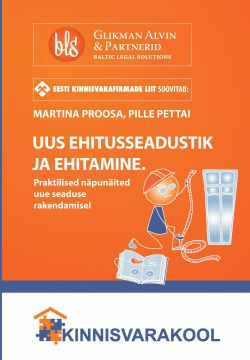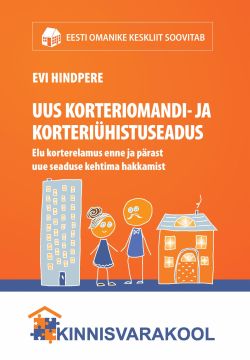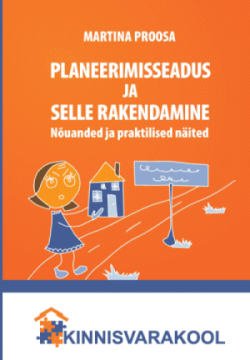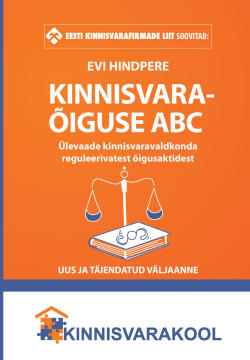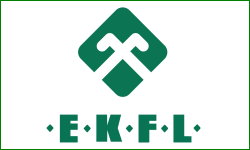 Housing affordability kept decreasing; housing became unaffordable in Vilnius
Housing affordability kept decreasing; housing became unaffordable in Vilnius- Apartment sales were down, but prices were sticky
The rapid increase in wages was insufficient to counter the negative impact of high interest rates and still-elevated prices. As a result, housing affordability fell in the Baltics at the start of 2023. The housing affordability index (HAI) value in Vilnius dipped below 100 – a reading last observed back in 2009. Housing in Tallinn was still classified as affordable, but the 100 threshold is near, and the primary market has been unaffordable for some time now. In Riga, housing affordability is the highest among the Baltic capitals, however, a downward trend is also present there. Furthermore, the apartments built after 2000 are now on the verge of no longer being affordable for the average household in Riga.
The decrease in affordability is clearly reflected in the reduced transaction count in the Baltic capitals. Both primary and secondary housing markets are experiencing the negative impact – registered purchase activity has waned, and the number of new reservations has also fallen. The weak economic environment and the loss of purchasing power, experienced for more than a year, are likely adding to the downbeat mood of potential homebuyers.
As interest rates have not peaked yet, housing affordability will likely go lower still. However, the descent will be short. The fall in housing affordability will likely end when the ECB stops hiking interest rates. Going forward, housing affordability will be supported by increasing wages, which are very likely to grow faster than housing prices this year and the next. Thus, we expect market activity to improve once the rate peak has passed; however, a swift recovery is unlikely.





